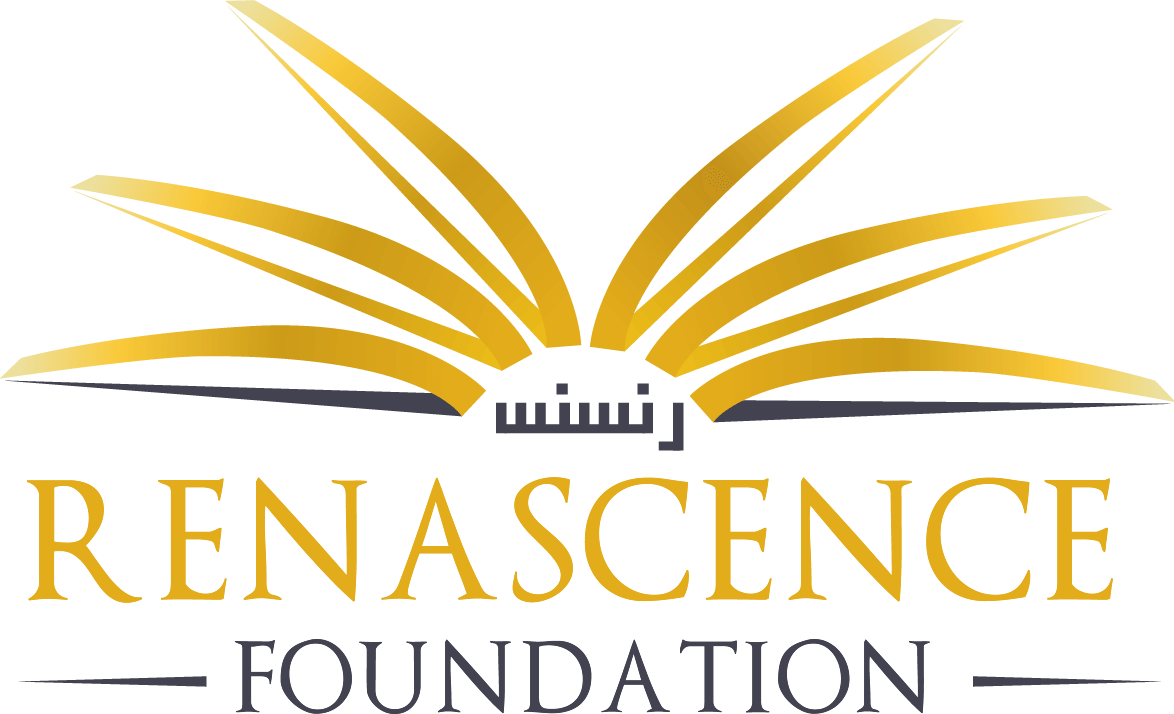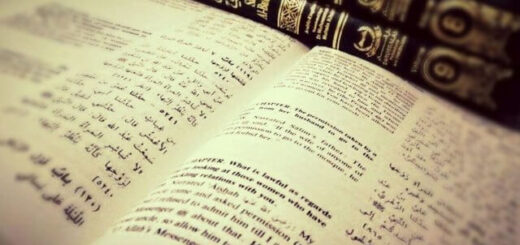Ruling of Basic Permissibility

Getting your Trinity Audio player ready...
|
Three chapters are presented here in translation from Volume 1 of Kitāb ut-Tawḥeed (The Book of Monotheism) by Professor Muḥammad ibn Abdullah al-Mas’ari. The chapters are titled as follows:
- The Prohibition relating to excessive questioning
- In origin, acts, speech and objects / things are permissible: Permissibility is the original or default ruling
- What is the original ruling concerning worship, is it prohibition?
These chapters present the most comprehensive study of the body of evidence relating to the basic ruling or principle of permissibility. Arguably, this is one of the most fundamental legal principles established by the Sharī’ah. Although, this principle has not been at the forefront in many minds, whether that be from amongst scholars or the laity. Nonetheless, if this principle is understood properly it will help to clear away many of the cobwebs and phantasms that have stifled fiqh (jurisprudence) for many centuries now. It may also help to liberate jurisprudence from unnecessary interpretive devices that have only obscured what the core texts outline.
“Leave me as I leave you for the people who were before you were ruined because of their questions and their differences over their Prophets. So, if I forbid you to do something, then keep away from it. And if I order you to do something, then do of it as much as you can.”
Prophet Muhammad
The chapters which have been translated here address the very urgent need to dispel the notion, often implicitly held, that there are somehow ‘legal gaps’ within the Sharī’ah that should be filled. Moreover, they explicitly challenge established thinking that all too often declares matters as being disallowed or prohibited, in the absence of any textual evidence. Quite often this is done with recourse to the flimsiest of reasoning, such as it ‘may lead to worse things.’
Once this principle can be digested and understood, it will also help to realign how questions should be framed and formulated. The principle does away with the meaningless formulation – “Is it allowed to…” and places questions on a correct evidential footing.




